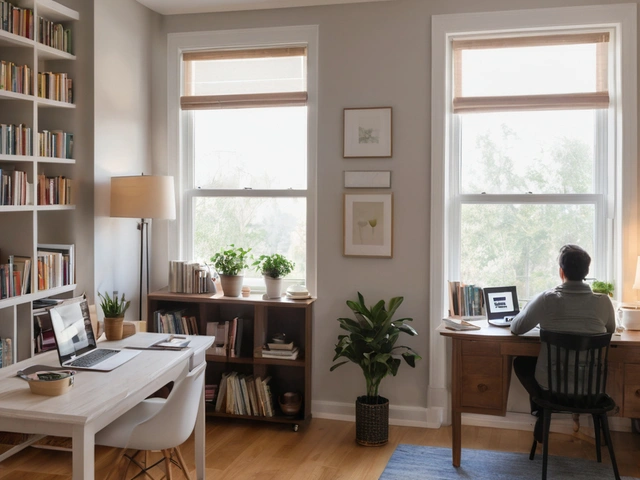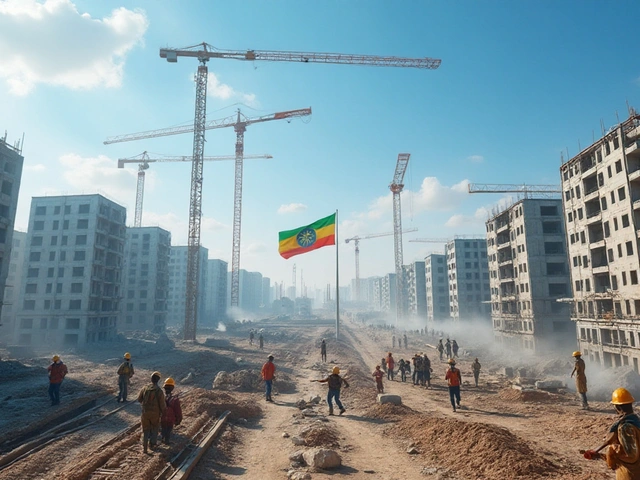House Rent in Ethiopia: What to Know Before You Move
Renting a house in Ethiopia can feel overwhelming if you don’t know the local market. The costs and standards vary a lot depending on where you want to live—Addis Ababa is pricier than outlying towns, and even within the city, location changes everything. A basic one-bedroom apartment in Addis might set you back 7,000 to 15,000 ETB a month, while in smaller towns it can be much cheaper. Family homes with more space and amenities naturally cost more, especially in neighborhoods popular with expats or near schools and embassies.
Worried about hidden costs? It’s common for landlords to ask for three months’ rent upfront. Maintenance and utilities aren’t always included, so always double-check before signing anything. In some cases, landlords handle repairs, but sometimes it’s up to the renter. If you’re moving from abroad, don’t expect Western-style kitchens and bathrooms everywhere—some rentals are more basic, some are modern, but you need to see them yourself.
Finding legit rentals is easier than ever. Online platforms, Facebook groups, and word of mouth work well in bigger cities. If you don’t speak Amharic, partner with a local agent—they usually charge a small service fee, but they can help you avoid scams and deal with contracts written in Amharic. Always check references, visit the house in person, and don’t send money before you’ve seen the place.
Don’t know where to start your search? Bole, Megenagna, and Sar Bet are popular with newcomers to Addis Ababa for their amenities and safety, but they’re also some of the most expensive. If you’re looking for value, try Gerji or parts of CMC, where prices are lower and you can still find decent, secure homes.
If you’re planning a longer stay, negotiating rent can pay off. Most landlords expect you to bargain, so ask around about average prices in the area before you settle on a figure. For short stays, guesthouses and serviced apartments might be a better option—they cost more but include utilities and cleaning, making your stay less stressful.
Keep in mind the basics: check water pressure, ask about power outages, and see if the house has a backup generator or water tank. Transport access also matters—a cheap house far from your work or public transit can cost more in time and taxi fares than you save on rent.
Renting in Ethiopia isn’t just about the price tag. It’s about comfort, safety, and the right neighborhood for your lifestyle. Take your time, ask questions, and don’t be afraid to walk away if a deal feels off. With the right approach, you’ll land a spot that fits your needs and budget.





